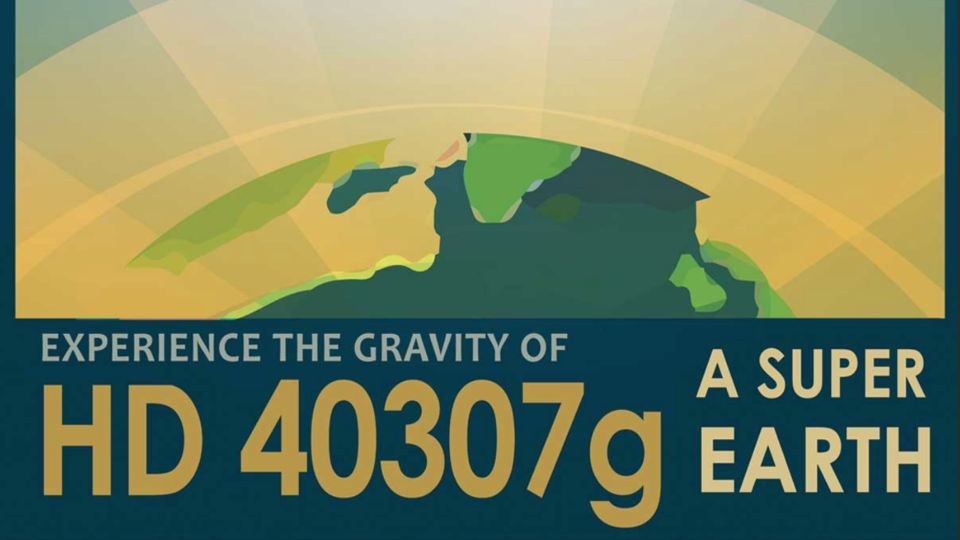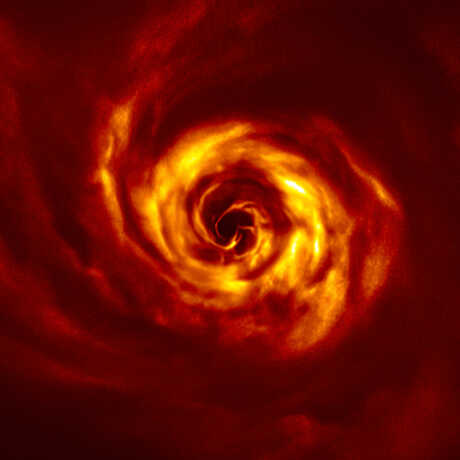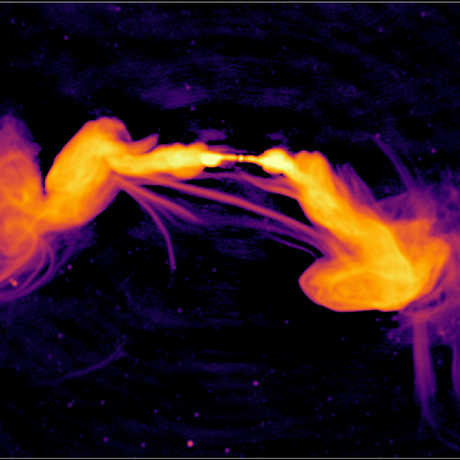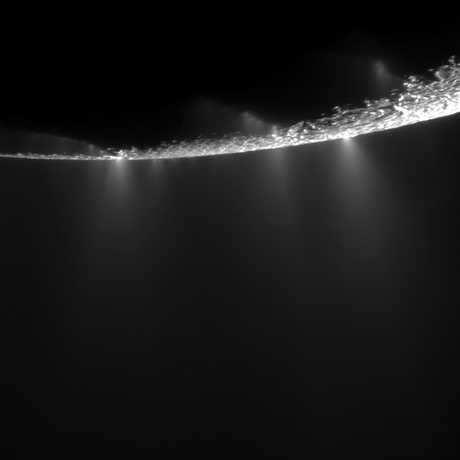Each month, renowned astronomers share their latest research at Morrison Planetarium.
Universe Update
Thoughts from a Planetarian: Who comes up with these names?

Most of my questions come from audience members, but this one came from a peer. Part of what makes the academy such an amazing place to work is how diverse the staff is. Unlike a museum that’s devoted to a single science (like astronomy), our staff comes from all fields of science, and so we each get to take turns being experts and novices.
A coworker pointed out that some of these (which are amazing) feature names like HD40307g, which seems like a terrible name for a planet, and I can’t help but agree. Names should be remarkable, or informative, and a string of letters and numbers seems like neither. In astronomy we have some incredible names like Aldeberan, and Betelgeuse. Why are we using such different names today?
It may surprise you that there are only like 360 stars with “proper” names, the rest are all given names algorithmically. See there are just too many stars to name them any other way. Even the first star catalogues (like Annie Jump Cannon’s and Williamina Fleming’s HD Catalogue) had hundreds of thousands of entries, and there isn’t nearly enough to distinguish them from one another to bother giving them catchy names.
And while they may be less memorable than proper names, the names we give things nowadays are actually far more informative than traditional names—if you know the algorithm used to name them. Take that exoplanet HD40307g, for example. From its name alone we can tell that it is a planet around the star HD40307, which is the 40307th entry in the Henry Draper Catalogue, while the “g” tells us that the planet was the sixth planet discovered in the system—the first is named HD40307b, the second HD40307c, etc. (So you’re thinking, “What happened to HD40307a?” Well, that’s the star, as we “found” it first.)
Furthermore, in the modern era catalogues aren’t compiled by humans anymore. We’re past the times of toiling over glass plates carefully classifying (and naming) stars one at a time and into the era of computers doing the work more consistently and much, much, faster—and a name like “HIP 55219” is much easier for a computer to work with (and produce) than “Alula Borealis.”
And now with Gaia’s data we’re never going back. The second data dump from the spacecraft included 1,692,919,135 stars. If you wanted to give them proper names, you’d need over a BILLION names. To put it in perspective, all the words in all the dictionaries on Wikipedia is only about 10.6 million words—you’d need to come up with 1,680,000,000 more—and that’s only a single data set!
But humans aren’t computers. It may be obvious to a computer that SAO 113271 and SAO 112371 are different stars but I would mistake them for each other just about 50 percent of the time. Now tell me that one of them is called Betelgeuse and I’m never going to forget it.
We need to find some compromise, and in a way we already have. It goes like this: objects are named algorithmically until we decide to give them a different name, and then we do. The truth is most stuff in space is not individually important to us, and we shouldn't waste time and effort giving it a unique name if that name will never be used. If an object later becomes important, we can spend time to give it a more human-accessible name if we have to. Is this solution elegant? Not particularly. Is it effective? Surprisingly so.
A perfect example is (486958) 2014 MU 69, which was visited by the New Horizons spacecraft in August 2018. When we first discovered it we put it on a list with a bunch of other objects New Horizons might go visit. Once it was selected and we had to start using it’s name we got tired of it immediately, and astronomers started calling it Ultima Thule instead. (Not a great choice, it turns out, because if you do your homework, you find out that the Nazis liked that name, too—for a far-off land of Aryan purity. So there’s some rethinking going on about MU 69’s moniker.)
Another example is 67P/Churyumov–Gerasimenko which was named after the astronomers instrumental in its discovery, but by the time we went to visit it with Rosetta it picked up the adorable nickname “Chury” which is much less of a mouthful to say over and over in a press briefing or planetarium show.
And with fewer names needed, we get to take more care in those that make the cut. There’s even been a few crowdsourced names in the past, and it seems to be a recurring event, which I think is truly wonderful. Hopefully it will help solve our other naming problems.
We are entering an era in which most of our astronomy is done by computers. The ratio of “objects we care about” to “objects we know about” is shrinking at an ever-expanding rate. While most new discoveries are added to long lists humans may never actually look at, it just makes those that truly matter stand out even more.
Why Thoughts from a Planetarian?

Hello, my name is Ethan, and I work at a planetarium.
Planetariums are a unique interface where the public brushes up against hard science in a very genuine way. As part of my job I get to talk to—and answer questions from—many audiences about astronomy, and I have noticed some things. Some of the reactions I share are well thought out, most aren’t, all I find interesting, and I hope you do too.
Also, we’re trying to build up our web presence, and after looking at the data it seems our most successful articles include pictures or feature employees. So in a desperate cry for attention, here’s both!
The data says this will work.


